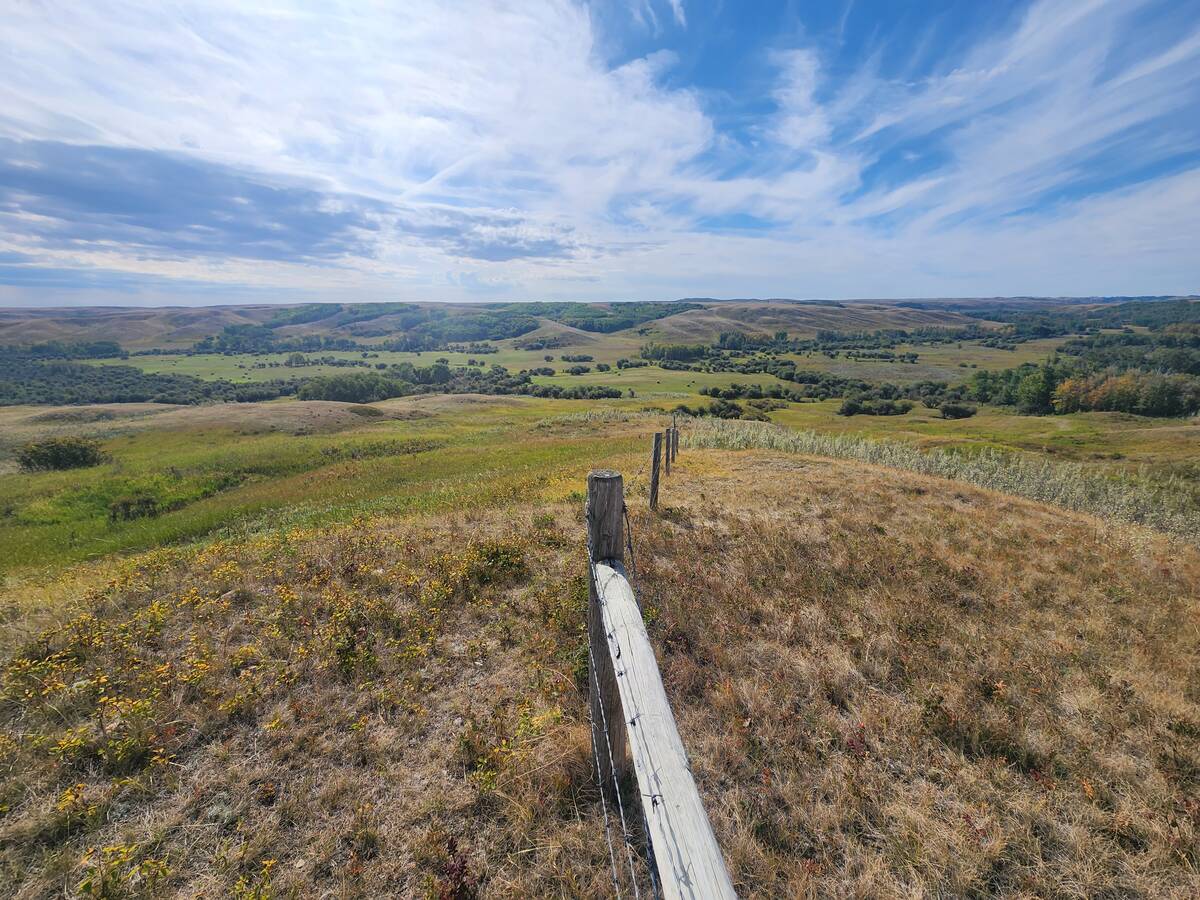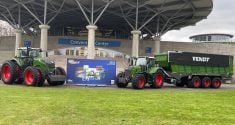The new leader of the federal Liberal party is pleading with western Canadians to forgive and forget the reasons they turned away from the party several political generations ago.
Michael Ignatieff vowed to work hard to reconnect his party with rural and agricultural communities in Canada, which have largely abandoned the Liberals.
“We’ve got a ways to go,” he said at a Dec. 10 news conference after being unanimously picked by caucus and key party figures to replace Stéphane Dion as interim Liberal leader, to be confirmed at a Vancouver convention May 2.
Read Also

Nature Conservancy of Canada buys more property in southwestern Saskatchewan
Nature Conservancy of Canada has added to its Saskatchewan holdings with the purchase of slightly less than 1,600 acres in the eastern Cypress Hills area.
“We must be honest about regaining the trust and confidence and loyalty of the people in the beating economic heart of our country’s future, by which I mean the West.”
He said he wants the Liberal party to be “at the centre of that adventure and that drama. I want us to reach out and hope that western Canadians forgive us and forget, to be very blunt, for the errors the party has made in the past.”
While he did not bring a list, helpful westerners probably would start with the 1980 National Energy Program and work their way down through gun control, the 2008 election campaign on a West-punishing carbon tax and generations of controversial agricultural policies.
The new Liberal leader, a 61-year-old award-winning author and academic who spent most of the past three decades at prestigious postings in the United States and Great Britain, seems less anxious to defeat the Conservative government early next year than was Dion and his proposed coalition with the NDP, supported by the Bloc Québécois.
But Ignatieff was anxious to establish some rural credentials.
“I grew up in the barns of my uncle’s dairy farm in Richmond, Que.,” he told a questioner. “My uncle homesteaded in the Peace River country of Alberta and next to my dad, he was the man I most loved on earth.”
To guffaws from reporters who have seen him as a patrician, elite Toronto intellectual since his return to Canada in 2005 to prepare for an unsuccessful run for party leadership, Ignatieff added that when he walks into a dairy barn “I know where I am. I like the smell.”
Then, he conceded that “you can’t pretend to know every part of the country like the back of your hand” and he vowed to add knowledge to what he sees as an instinctive attachment to rural areas and farmers.
“That’s what you have a leader for, to reach out to learn what he doesn’t know, to be smart enough to reach out to the agricultural unions and reach out to the agricultural leaders,” he said.
The new Liberal leader said he sees “extraordinary opportunities that are arising for Canadian agriculture as world commodity prices begin what I think will be a long up trend, the extraordinary opportunities that exist for energy production, for having farmers become custodians of our environment and receive some form of compensation.”
He vowed to put more agriculture in the next Liberal platform.
When Liberal agriculture critic Wayne Easter endorsed Ignatieff last week, he said he “understands rural Canada.”
When asked about his understanding of rural issues, the Liberal leader noted that when he first ran for the leadership in 2006, he had warned about the national unity dangers of a growing urban-rural divide.
“It is a division that cuts through the heart of our party,” he said. “I don’t want a Canada where hope and opportunity have fled to the big cities. I want to fight for a Canada where hope and opportunity are distributed right across the country and where you can build and live and have your children where you stand.”
Ignatieff said if he cannot win the votes of rural, western and agricultural Canadians in greater numbers, “we cannot be truly a national party.”














